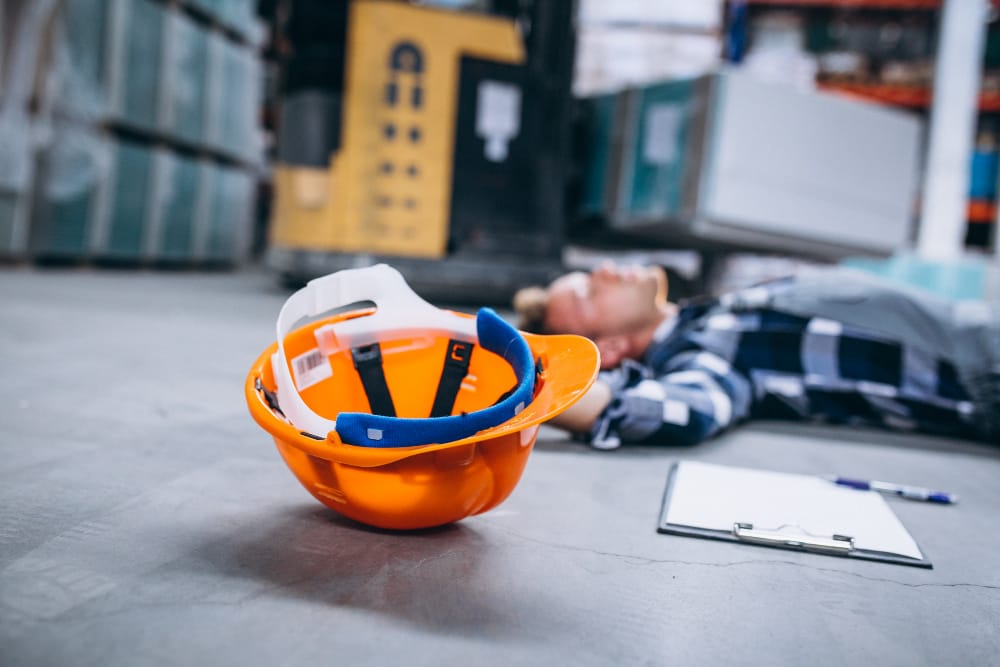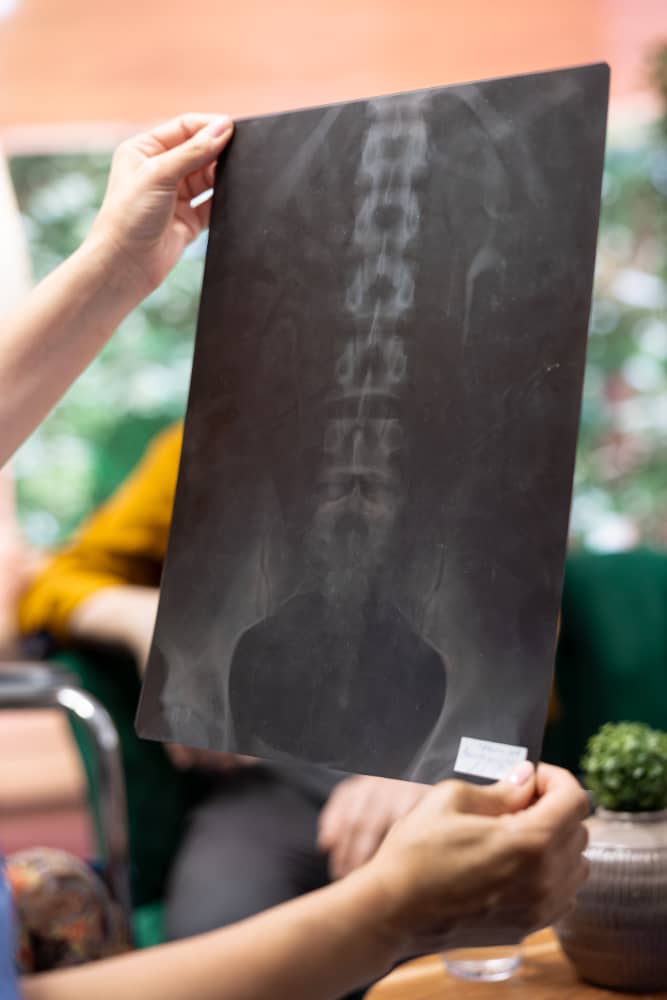In the blink of an eye, life can take an unexpected turn. A sudden accident, a fall, or an unforeseen event can result in a spinal cord injury, leaving individuals grappling with profound physical and emotional challenges. If you or a loved one has experienced this life-altering event, you’re likely wondering, “What to do after a spinal cord injury?” In this comprehensive guide, we’ll delve into the steps to take, the support available, and the journey toward recovery. We will also delve into how to start a claim for your serious injury.
Understanding Spinal Cord Injuries
Before diving into what comes next, it’s essential to comprehend the nature of spinal cord injuries (SCIs). The spinal cord serves as a crucial bridge between the brain and the rest of the body, relaying messages that control movement and sensation. When it’s damaged, the impact can be severe and life-changing.
Types of Spinal Cord Injuries
SCIs come in various forms, each with its unique characteristics. The two primary categories are:
Complete Spinal Cord Injury
In a complete SCI, the spinal cord is entirely severed or compressed, leading to a total loss of sensation and motor function below the injury site. Paralysis typically occurs below the level of injury.
Incomplete Spinal Cord Injury
Incomplete SCIs are more common and allow for some degree of sensation and movement below the injury level. The extent of impairment can vary widely, from minor weakness to nearly full function.
Seeking Immediate Medical Attention
The first and most critical step after a spinal cord injury is seeking immediate medical attention. Time is of the essence, as prompt care can make a significant difference in the outcome. Call emergency services or visit the nearest hospital without delay.
Stabilisation and Assessment
Medical professionals will focus on stabilising the injury to prevent further damage. This may involve immobilising the spine and providing oxygen to ensure proper circulation. Once stabilised, a thorough assessment will be conducted to determine the extent of the injury.
Coping with the Emotional Impact
Spinal cord injuries don’t just affect the body; they also take a toll on emotional well-being. It’s normal to experience a range of emotions, from shock and disbelief to anger and sadness. Coping with these feelings is an essential part of the journey.
Finding Support
Reaching out to friends, family, and support groups can be immensely helpful during this challenging time. Talking to others who have experienced SCIs can provide valuable insights and emotional support. The journey ahead is undoubtedly challenging, but you don’t have to face it alone.

Rehabilitation and Recovery
Recovery from a spinal cord injury is a complex and ongoing process. While it may take time, advancements in medical science and rehabilitation techniques offer hope for improvement.
Rehabilitation Centres
Rehabilitation is a cornerstone of spinal cord injury recovery. Specialised rehabilitation centres have multidisciplinary teams that work together to create individualised treatment plans. These plans typically include physical therapy, occupational therapy, and psychological support.
Assistive Devices
As part of the recovery process, individuals with spinal cord injuries may need to incorporate assistive devices into their daily lives. Wheelchairs, braces, and mobility aids can help restore independence and improve quality of life.
Adjusting to Life After a Spinal Cord Injury
Adapting to life after a spinal cord injury requires resilience and determination. It’s a journey filled with both triumphs and challenges, but there is a path forward.
Home Modifications
Making modifications to your home can enhance accessibility and safety. This might involve widening doorways, installing ramps, or adding handrails. These adjustments can make daily activities more manageable.
Psychological Support
The psychological impact of an SCI can be profound. It’s essential to seek ongoing psychological support to address issues like depression, anxiety, and post-traumatic stress. Therapists and counsellors can provide valuable guidance.
Navigating the Road to Independence
Regaining independence is a common goal for individuals with spinal cord injuries. While it may require adapting to a new way of life, there are resources and strategies to help you achieve this objective.
Vocational Rehabilitation
Vocational rehabilitation programs are designed to help individuals with disabilities re-enter the workforce. These programs offer training, job placement assistance, and accommodations to ensure a successful transition back to work.
Adaptive Sports and Recreation
Participating in adaptive sports and recreational activities can boost physical fitness, self-esteem, and social connections. Many organisations offer adaptive sports programs specifically tailored to individuals with spinal cord injuries.
Making a Serious Injury Claim with National Claims
When a spinal cord injury occurs due to someone else’s negligence or wrongful actions, pursuing a serious injury claim can be a crucial step toward securing the financial support needed for medical treatment and rehabilitation. National Claims is here to guide you through this claims process and advocate for your rights.
Evaluation of Your Case
Our experienced team of legal professionals will evaluate your case to determine if you have a valid claim. We understand the complexities of spinal cord injury cases and will work diligently to build a strong case on your behalf.
Gathering Evidence
To support your claim, we will gather all necessary evidence, including medical records, accident reports, and expert opinions. This evidence will be crucial in establishing liability and the extent of your damages.
Conclusion
A spinal cord injury is a life-altering event that requires a multifaceted approach to recovery. From seeking immediate medical attention to undergoing rehabilitation and adapting to a new way of life, the journey can be challenging but filled with hope and possibilities. By understanding what to do after a spinal cord injury and accessing the available support, individuals can navigate this path with resilience and determination. Remember, you are not alone on this journey, and there is a community of people ready to support you every step of the way. With National Claims by your side, you can also seek justice and financial compensation if your injury resulted from someone else’s negligence.
Contact us today to get a start on your claim and speak to one of our friendly claims specialists.
Click below to see why we are one of the most trusted claims management companies in the UK.

We’re proud of our excellent customer reviews
We thrive on delivering exceptional service and ensuring our clients’ satisfaction. Don’t just take our word for it. Check out some of our independent reviews to see what our clients have to say.
Excellent

This firm is excellent, they sorted out my car pay out and injury claim very fast, they always communicate with you all the time.

My accident case was dealt with confidence and with great result of the outcome, especially James kept me informed all the time.

I was very impressed at the way my inquiry was treated. I was listened to attentively and everything I needed to know was explained to me.






